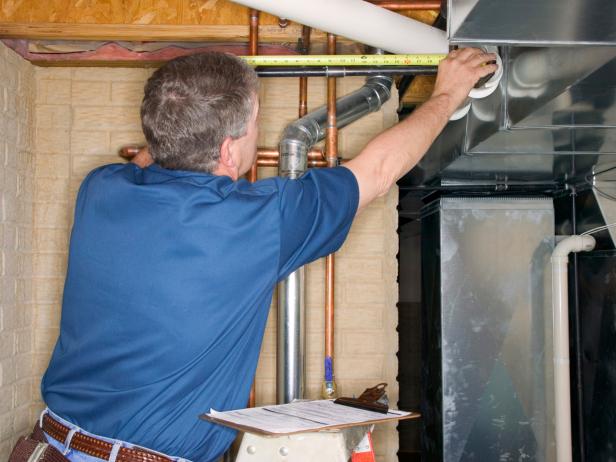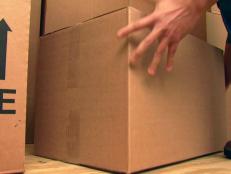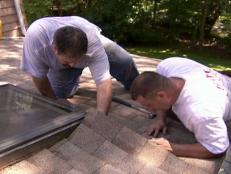Finding the Right Home Inspector

Jupiterimages
Home inspections can prevent a lot of headaches for both buyers and sellers.
If you are buying a home, an inspection could reveal problems you never would've noticed. An inspection can require the seller to fix what needs fixing before you buy the home. You could also find issues that make you decide not to buy. If you're a seller, an inspection can help you find problems before you put the house on the market, letting you make the repairs without wrangling over the cost with a potential buyer. Learn why you should get an inspection before selling your home.
A typical home inspection covers all major mechanical systems, structural integrity, cosmetic features and other aspects of the house. This includes:
- Heating and cooling systems
- Electrical
- Plumbing
- Interior and exterior
- Garages
- Baths
- Kitchen, which includes cabinets, counters, sinks, faucets, garbage disposals and other built-in appliances
- Insects
- Exterior walls
- Parapets, trim
- Chimney
- Foundation
- Slabs
- Basement and crawl space
- Examination of the attic and roof to assess the insulation, ventilation, framing, roof surface, flashing, penetrations, drainage, overhangs, gutters and downspouts
The task should take two to four hours or more, depending on the complexity of the job. Costs range from $300 to $800 for typical homes, but they can go higher depending on the age and type of structure.
What to expect on inspection day
On the day of the inspection, the inspector performs an initial site evaluation. Then the inspector takes you on a tour to point out the assets as well as any potential problems. Pay attention, watch, ask questions and learn. A thorough inspection can find problems related to water entry, roof leaks, insect infestation, unsafe wiring, failed septic systems, poor plumbing, wet basements, mold and mildew, and safety hazards.
At the end of the inspection, you receive a written report detailing all the findings. The report should contain photographs and descriptions of any damage or defects found during the inspection as well as details on the location of damage. Pictures help you understand the scope and location of the damage, and visual proof makes it easier to get repair estimates.
So how can an inspector have expertise in so many different things? The simple answer is: Some don't. That's why it's important to check an inspector's background and references. Most home inspections are thorough, but even the best inspectors might not catch everything. "The condition of the home is the 'snapshot' of that day," says John Palczuk of Carolina Inspections. "The home inspector is not going to find every possible thing wrong or that could go wrong. That's an unrealistic expectation."
Here’s how to find the right home inspector:
- Look for an inspector before you shop for a home. If you choose a home first, time is critical and you may feel pressured to pick the first inspector you meet.
- Ask friends and family for recommendations or look up a list of local inspectors on the American Society of Home Inspectors website, http://www.ashi.org
- Do your research and ask lots of questions of prospective inspectors, including their backgrounds, the length of time they've been in the business, the number of inspections they've performed and what sort of report they'll provide.
- Look for an inspector with a broad knowledge of a home's systems and structures, not just a specialized person such as a plumber or electrician.
- If your state regulates home inspectors, check with the state agency to verify the inspector's license and check his record for complaints.
- If your state does not regulate inspectors, look for credentials such as certification by ASHI.
- Make sure your inspector is objective, independent and does not have any affiliation with the real estate agency selling the home.
- Choose an inspector who carries errors and omissions insurance.
- Take the time to speak with several inspectors and have confidence in their skills and demeanor.
- Be sure your inspector is familiar with the particular type of house you're considering. Homes of different ages, designs and materials each have special risks and offer special signs, symptoms and clues to hidden damage.
- Choose an inspector who can deliver a completed report with plenty of time for review. Also request an electronic copy so you can e-mail it to friends and family.














































